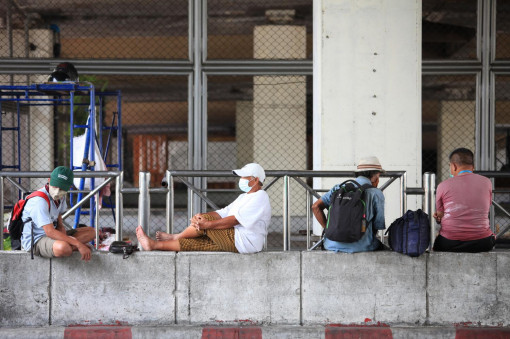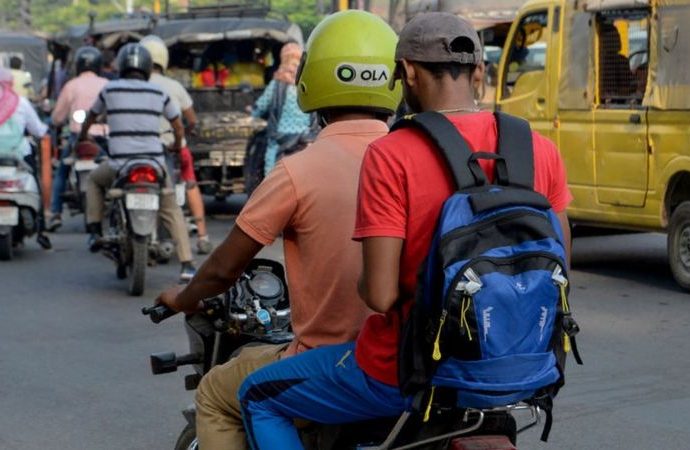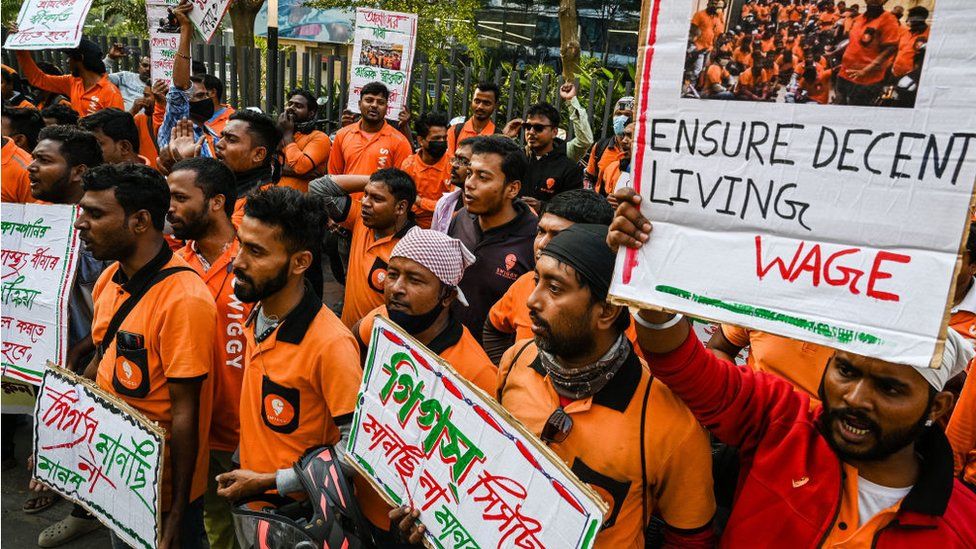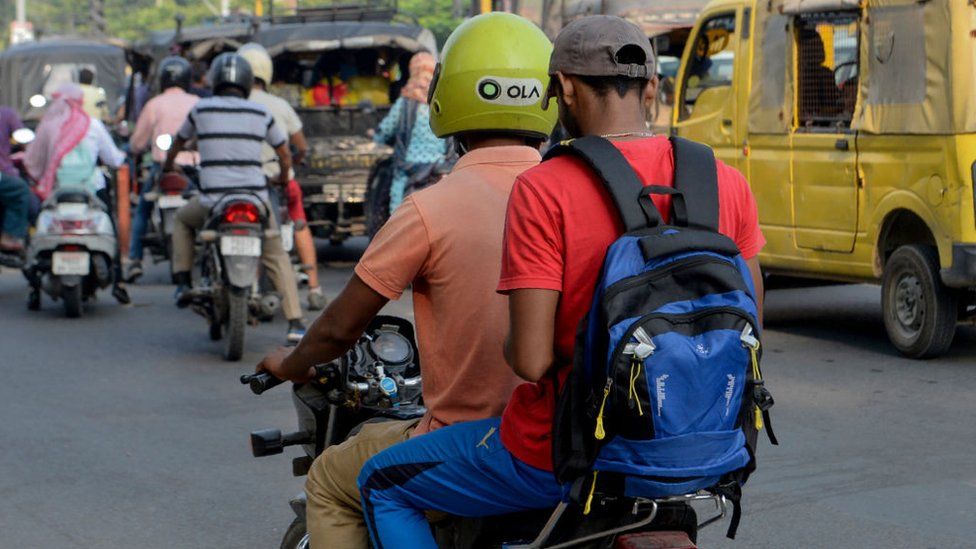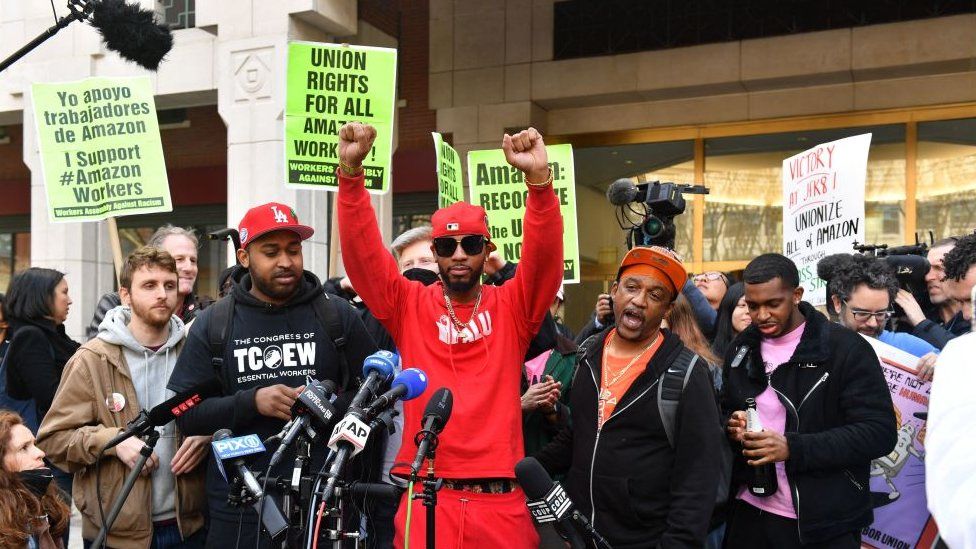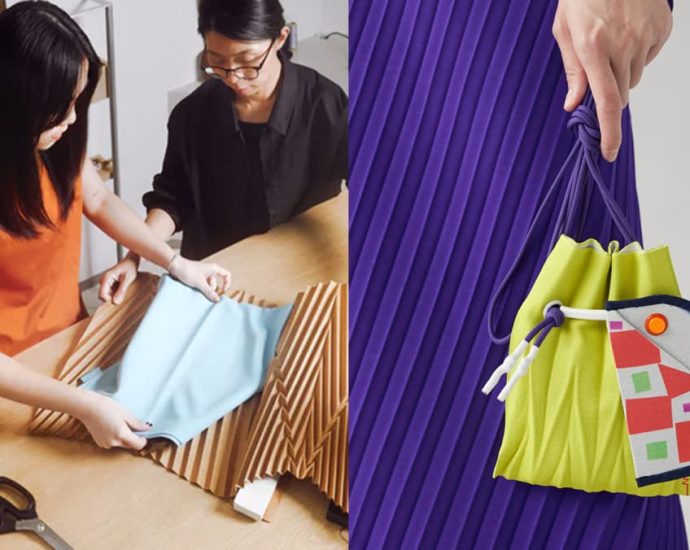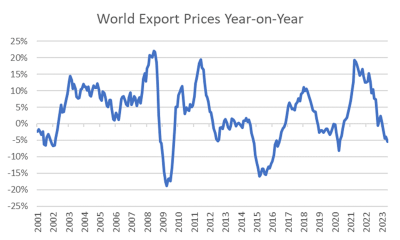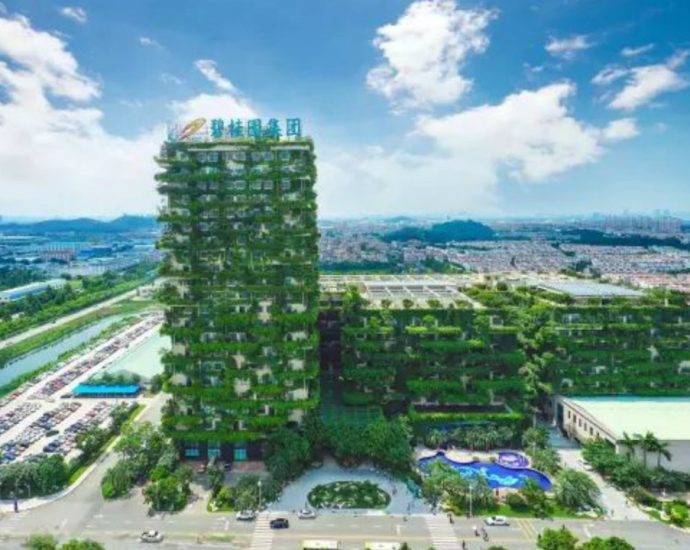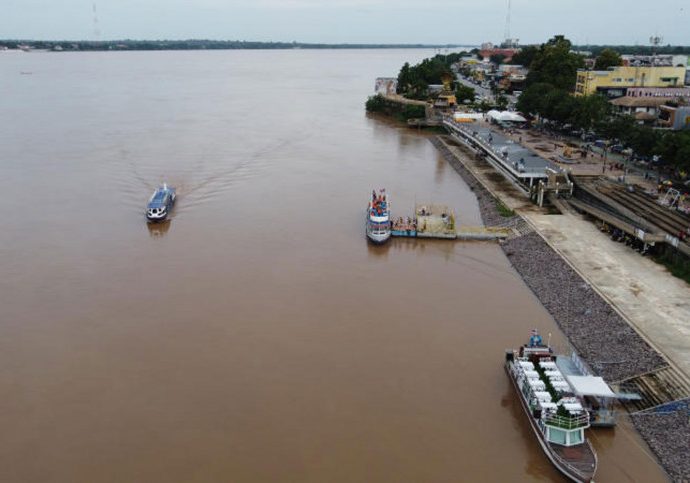New ban puts homeless in jeopardy
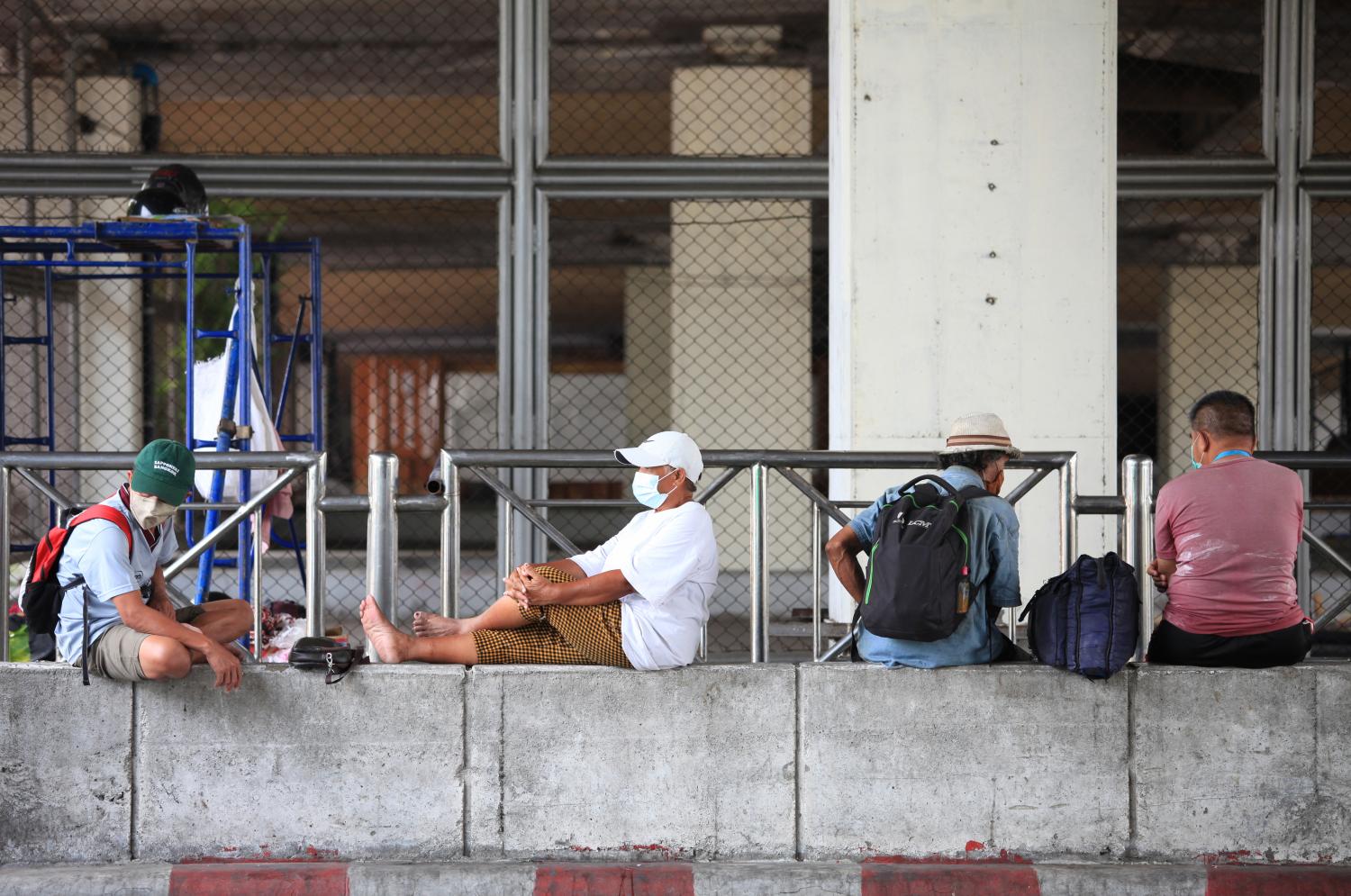
Once the winner of a six-million-baht lottery prize, Uan, whose last name is not disclosed, ended up homeless on Ratchadamnoen Avenue when her money dried up.
The 53-year-old woman told the Bangkok Post she was earlier working as a taxi driver. Ms Uan was struggling with the rising cost of living including petrol prices, and her income was not enough to pay for the taxi’s daily rent and home rental.
Fortunately, Ms Uan won the lottery, and was able to buy her former house with it. She put her grandmother’s name down as the legal owner. That move was to have nasty consequences later.
Ms Uan’s situation worsened when her grandmother fell ill. She said her grandmother was suffering from many diseases, such as cancer. The money left from buying the house was used up paying medical bills.
Before her grandmother died, she transferred rights over the house to Uan’s brother. After her death, Uan’s brother decided to sell the house, resulting in Uan losing her home and ending up on the streets.
Ms Uan added that she has been living on Ratchadamnoen Avenue — an area in Phra Nakhon district of Bangkok known to be packed with homeless people — for three months.
Ms Uan’s experience is one example of the many homeless people living on Ratchadamnoen Avenue. The Bangkok Post talked to them to find out why they are homeless and hear their response to a ban on their sleeping there.
No sleeping on streets
The Phra Nakhon District Office has announced that it will no longer allow the homeless to sleep on Ratchadamnoen Avenue from September onwards.
According to the Thai Health Promotion Foundation, there were 2,499 homeless people in Thailand in 2023, 1,217 in Bangkok alone. Data also shows that 500-600 of these homeless people in the capital occupy areas in Phra Nakhon district.
Fences along Ratchadamnoen Avenue are to be put up to bar homeless people from sleeping on the road and prevent hoarders from littering.
Some believe the authorities would like to improve the city’s landscape and enforce safety for pedestrians and locals.
However, it is inevitable that some people view the regulation as a type of window dressing that will only push the homeless out of one area and into another.
Fencing off the area
Tip Sakda, 52, told the Bangkok Post that he has spent six years living as a homeless man in Phra Nakhon district, in Sake Alley on Assadang Road. He said he had conflicts with his family and decided to leave for good.
Social workers informed him about the fences which will be installed soon. They told him to move to a new place, a plan Mr Tip admitted he was not yet prepared to execute.
Mr Tip said he wants public agencies to offer homeless people a proper shelter and job opportunities. Many suffer from chronic illnesses without access to healthcare.
“In the past, some homeless men fell ill but they did not receive treatment. Some were later found dead on the streets,” Mr Tip added.
Like many other people who lost their jobs during the Covid-19 pandemic two years ago, Pai Sontiwong, 44, said he was also laid off during that time. Lacking a stable income to afford the rent, Mr Pai had no choice but to hit the streets.
He said he usually wanders around Sanam Luang or Rattanakosin Hotel. He goes to Sake Alley every day and waits for food donations, philanthropic NGOs or individuals who help the homeless.
When asked about the fence plan for Ratchadamnoen Avenue, Mr Pai said the regulation would prove difficult for him and he is not prepared to move.
Mr Pai said agencies should offer more help to the homeless. The Mirror Foundation has a programme for homeless people to sign up for job opportunities and cheap apartments; however, Mr Pai said the scope of work is still small compared to the number of homeless in Phra Nakhon district.
Drop-in stations
The Bangkok Metropolitan Admi- nistration (BMA) and its network has established two drop-in stations in Sake Alley and under Somdet Phra Pinklao Bridge (on the Phra Nakhon district side).
Officials from the BMA, National Health Security Office, Ministry Of Social Development and Human Security, Department of Social Development and Welfare and charitable foundations are based at the drop-in spots.
They offer assistance on healthcare, welfare for the elderly or people with disabilities, laundry services, bathrooms, job employment and apartments.
Reports said the BMA is also discussing bringing back emergency shelters for the homeless at a building next to Chaloem Wan Chat Bridge in Phra Nakhon district.
The project is a joint one between the BMA and Mirror Foundation to offer training and allowances to homeless people, helping them get jobs and prevent them from returning into a cycle of homelessness.
The emergency shelters would mitigate ongoing harm against homeless people where scammers trick them into opening up mule accounts, an act punishable by imprisonment.
Sittipon Chuprajong from the Mirror Foundation said some groups of men extort money from homeless people.
They also hire the homeless for 500 baht to open bank accounts or mule accounts.
Many homeless people have been arrested by police and jailed.
Mr Sittipon said these groups usually roam Ratchadamnoen Avenue and other places in Phra Nakhon district.
“The causes which force people to become homeless remain unchanged. Some lost their jobs and were unable to support their family, leading to conflicts at home making them feel like a burden to family members.
They cannot return to the workforce because of their age in many cases so have to leave the house,” he said.
The BMA, the Mirror Foundation and their network are pushing projects to offer jobs and cheap apartments for the homeless people as well as helping them gain access to state welfare.

